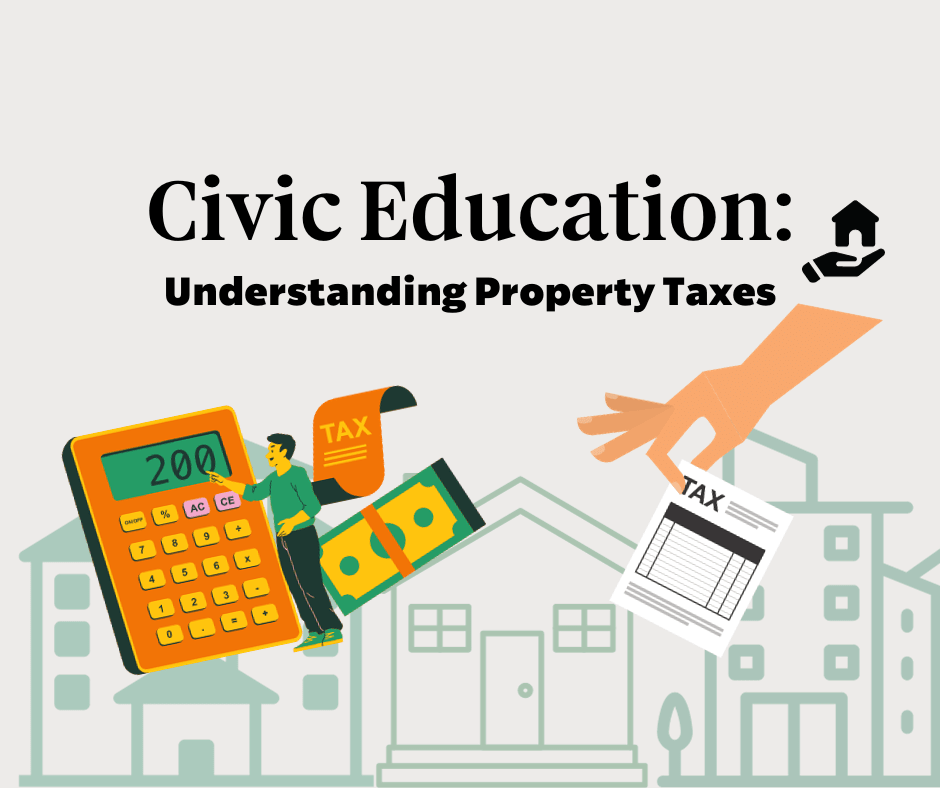
Understanding Property Taxes
Where does your money go?
Property taxes are part and parcel of homeownership. They include real estate (land and structures, from homes to businesses), and, at times, personal property (such as business equipment and vehicles).
In this article, we'll dive into the inner workings of property taxes – how they're assessed, collected, and ultimately employed in local communities.
Property taxes: Assessment and collection
- Property taxes are calculated based on your home's assessed value and local tax rates, which can vary by county or city. Local assessors determine this value by considering factors like comparable home values, market conditions, and square footage.
- Vacant land usually has lower property taxes than developed property. If services like sewer, water, and gas are available, the land's value may be higher for tax assessment. In addition to homes, some jurisdictions also tax tangible personal property like cars and boats.
Property taxes: Exemptions and reductions
-
Many local governments offer property tax exemptions to ease the burden on homeowners. These exemptions can significantly reduce or even eliminate tax bills for eligible property owners, such as seniors, disabled individuals, veterans, and those using agricultural land. Local governments implement these measures to encourage affordable property ownership and enhance community well-being.
-
The state and local tax (SALT) deduction lets eligible taxpayers reduce their taxable income by deducting what they paid in property taxes up to a maximum of $10,000 (or $5,000 if married and filing separately).
Where does property tax revenue go?
- Property taxes serve as a primary source of income for city and county governments. They are used to fund vital community services, including water and sewer improvements, law enforcement, fire protection, education, road and highway construction, libraries, and more.
- Local boards and councils often hold meetings and budget hearings to determine the appropriate tax rates and allocate funds for these essential services.
Do you know how property tax revenue is allocated in your city or county, and could you specify the services and infrastructure projects it supports?